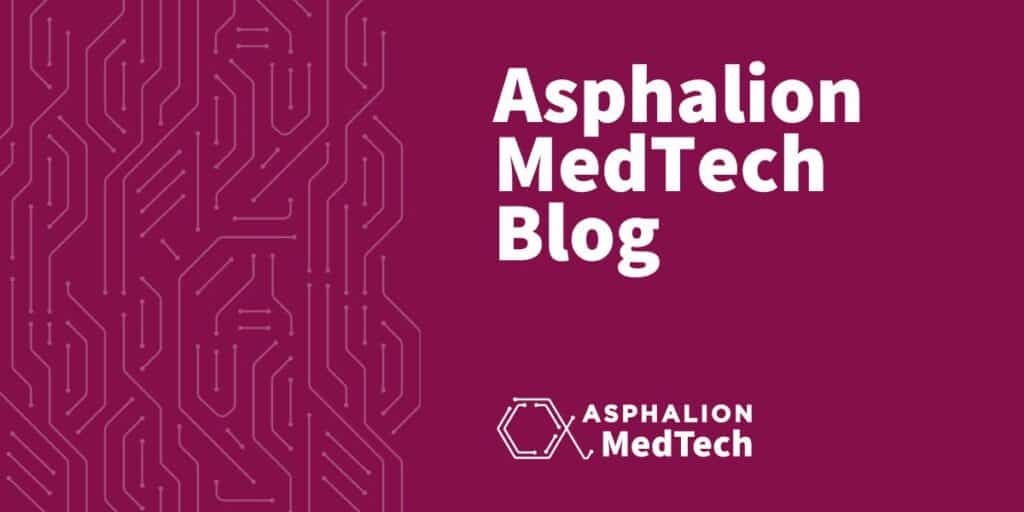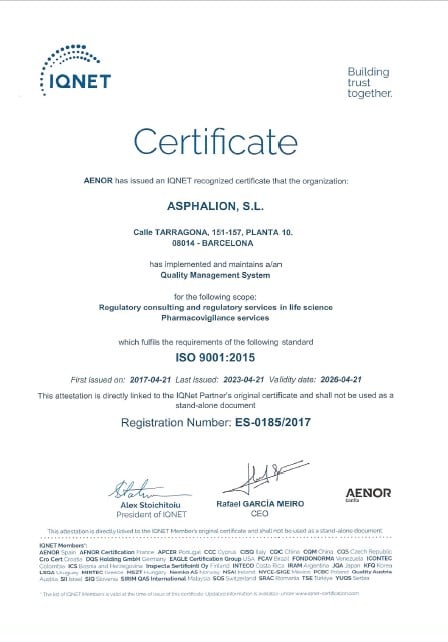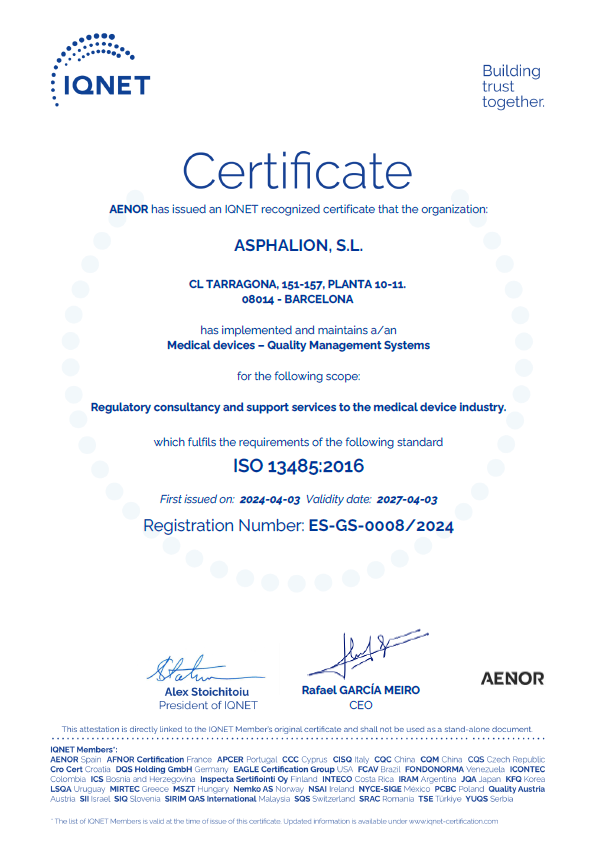Introduction
The ever-evolving world of medical devices is not just limited to technological advancements; medical device regulations are constantly adapting to ensure the safety, performance, and efficacy of medical devices for patients.
Over recent years, there have been significant shifts in the regulatory landscape. In this post, I will delve into some of the latest updates and discuss upcoming changes to medical device regulations, analyzing their potential impact on both manufacturers and the healthcare industry.
Increased Scrutiny on Device Safety
Recent incidents concerning device safety and performance have prompted regulatory bodies to be more stringent. Many countries are now focusing on post-market surveillance and real-world evidence to ensure that devices continue to meet safety, performance, and efficacy criteria once they are in the market. This means manufacturers must have robust post-market processes in place, gathering real-time data about device performance and adverse events.
Evolving Definitions and Classifications
There’s a global trend to re-evaluate how medical devices are categorized. Devices that were once considered low-risk might now find themselves in a higher-risk category, necessitating more rigorous clinical evidence and testing. Manufacturers must be proactive, ensuring they are up to date with the latest classifications and adjusting their strategies accordingly.
Embracing Digital Health
With the expansion of digital health solutions, like wearable technologies and AI-driven tools, regulatory bodies are working overtime to create frameworks that appropriately govern these new joiners. This poses both advantages and disadvantages for manufacturers. On one hand, there’s immense potential for innovation, but on the other, navigating unfamiliar regulatory terrain can be challenging. Collaboration between manufacturers and regulatory bodies will be crucial to harness the potential of digital health.
Harmonization of International Standards
One of the significant shifts is the move towards harmonizing regulations across countries. Efforts like the Medical Device Single Audit Program (MDSAP) allow manufacturers to undergo a single regulatory audit that satisfies multiple jurisdictions. While this reduces redundancy and can expedite market entry in some regions, it also means that manufacturers need to meet the highest standard set by participating countries.
Changes in Pre-Market Approval Processes
Several regulatory bodies are revising their pre-market approval processes to be more streamlined, focusing on the risk-based approach. For instance, certain low-risk devices might benefit from a more expedited review, while higher-risk devices will undergo more rigorous scrutiny. Manufacturers must be skilled in comprehending the risk profiles of their devices and guaranteeing they possess the requisite data for their submissions.
Implications for the Industry
- Increased Costs: While some of these changes, like MDSAP, might reduce costs in the long run, the immediate need to adapt to new regulations can increase costs for manufacturers, especially smaller
- Need for Expertise: With shifting regulations, there’s a growing demand for regulatory affairs experts who can guide manufacturers through the complex
- Innovation Boost: Some changes, especially around digital health, offer a ripe ground for innovation, allowing companies that can navigate the regulatory landscape efficiently to lead the
- Strengthened Patient Trust: As regulations tighten, there’s a greater assurance for patients and healthcare professionals that the devices they use are safe and
Conclusion
Although change frequently presents obstacles, it also introduces opportunities. Manufacturers that stay knowledgeable, forward-thinking, and adaptable will not just maneuver through the shifting regulatory environment but will also stand out as frontrunners in a world that progressively depends on medical devices for enhanced patient outcomes.

















